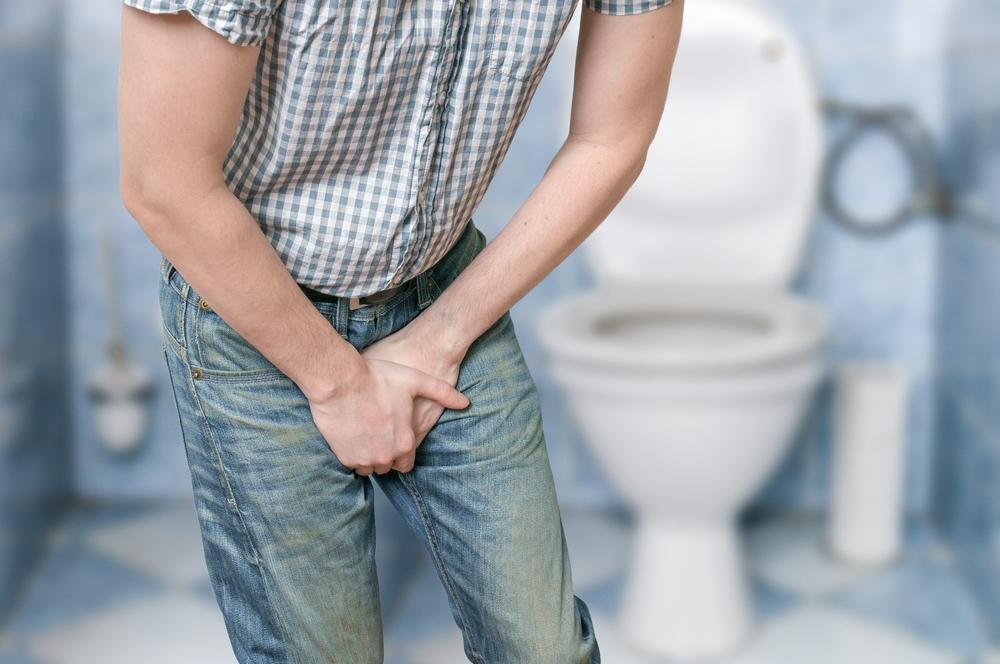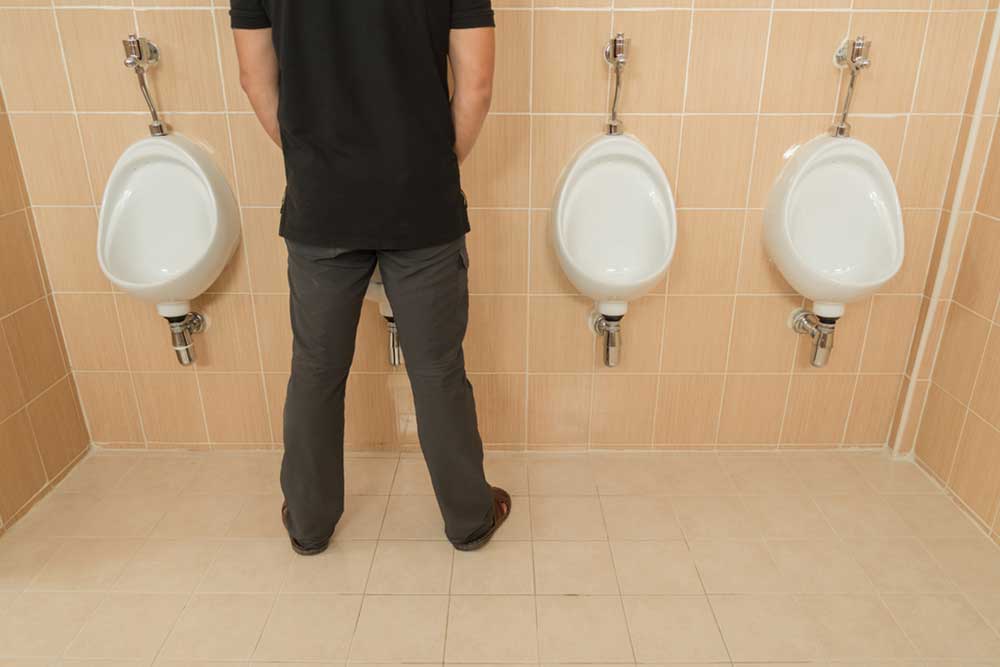Comprehensive Guide to Frequent Urination: Causes, Symptoms, and Effective Management Strategies
This comprehensive guide explores the causes, symptoms, and management strategies for frequent urination. It highlights the importance of early detection, lifestyle adjustments, and medical treatment to address underlying health issues. Understanding these aspects can improve quality of life and prevent complications related to urinary health problems.

Comprehensive Guide to Frequent Urination: Causes, Symptoms, and Effective Management Strategies
Most adults typically urinate between 4 to 8 times a day, which is considered normal and healthy. However, when the frequency of urination exceeds this range—particularly more than eight times daily or waking multiple times during the night to urinate—it may indicate an underlying health issue that requires attention. Recognizing the early signs of frequent urination can help in timely diagnosis and management, thereby preventing potential complications.
What Is Frequent Urination?
Frequent urination, medically known as polyuria, refers to the condition where an individual feels the need to urinate more often than typically expected. While this can sometimes be merely inconvenient, it can significantly disrupt daily life, impair sleep quality, and serve as an early warning sign of several health conditions. Understanding what constitutes normal versus abnormal urination patterns is crucial for diagnosing potential health issues.
The human bladder is capable of holding approximately 600 milliliters of urine comfortably. Typically, people will feel the urge to urinate when about a quarter full—approximately 150 milliliters. When the urge to urinate occurs more frequently than normal, it can be due to various reasons, including increased urine production, bladder overactivity, or underlying health conditions. While often overlooked, excessive urination can serve as a significant health indicator that warrants investigation.
Various factors can influence urination frequency, such as increased fluid intake—especially beverages containing caffeine or alcohol—which can irritate the bladder and increase urine output. Pregnancy causes additional stress on the bladder due to hormonal shifts and physical pressure from the expanding uterus, often resulting in heightened urination frequency that might persist postpartum. Other causes are less obvious and include emotional stress, bladder dysfunctions, or neurological issues.
Common Medical Causes of Frequent Urination
Urinary Tract Infection (UTI): Bacterial infections can irritate the bladder lining, causing it to empty prematurely and more frequently, leading to persistent urges to urinate.
Medications: Certain drugs, particularly diuretics prescribed for high blood pressure or heart conditions, increase urine production temporarily, resulting in frequent urination.
Diabetes Mellitus: Elevated blood glucose levels cause the kidneys to filter out more sugar and water, increasing urine volume and frequency.
Pregnancy: Hormonal fluctuations and physical pressure on the bladder during pregnancy often lead to increased urination, with some women experiencing this symptom well into postpartum recovery due to trauma or lingering hormonal effects.
Bladder Abnormalities: Tumors, inflammation, or structural abnormalities can reduce bladder capacity and cause frequent urination episodes.
Prostate Problems: An enlarged prostate gland can obstruct the flow of urine, irritating the bladder wall and triggering urgency and frequency, especially in older men.
Overactive Bladder Syndrome: Uncontrolled contractions of the bladder muscles can cause sudden urges to urinate frequently and urgently, often without an obvious infection or other clear cause.
Other Factors: Conditions like neurological disorders—including Parkinson’s disease or stroke—urinary fistulas, stones, or infections can interfere with normal bladder control, leading to increased urination frequency.
Strategies for Managing and Reducing Frequent Urination
Urine Retention Training: Gradually extending the interval between urinations helps strengthen bladder capacity and control, reducing the urgency and frequency over time.
Kegel Exercises: Strengthening pelvic floor muscles through targeted exercises improves bladder control, reducing the incidence of urgent and frequent urination.
Adjusting Fluid Intake: Modifying fluid consumption, especially limiting caffeine, alcohol, and artificial sweeteners, can decrease bladder irritation and urine production. Drinking smaller amounts more frequently rather than large volumes at once can also be beneficial.
Consulting Healthcare Professionals: When lifestyle changes do not yield significant improvement, seeking medical advice is crucial. Doctors may recommend medications, further diagnostics, or treatments tailored to the underlying cause, such as antibiotics for infections or medications for overactive bladder.
Monitoring Symptoms: Keeping a detailed bladder diary noting the frequency, timing, and volume of urination, as well as any associated discomfort or other symptoms, can assist your healthcare provider in diagnosing and managing the condition effectively.
Addressing frequent urination effectively involves a combination of lifestyle modifications and, when necessary, medical intervention. Early detection and proper management can greatly improve quality of life and prevent complications. If symptoms persist, worsen, or are accompanied by other concerning signs—such as pain, blood in urine, or unexplained weight loss—prompt medical evaluation is vital. Especially for individuals with a family history of diabetes or neurological disorders, timely diagnosis is key to effective treatment and maintaining overall health.





